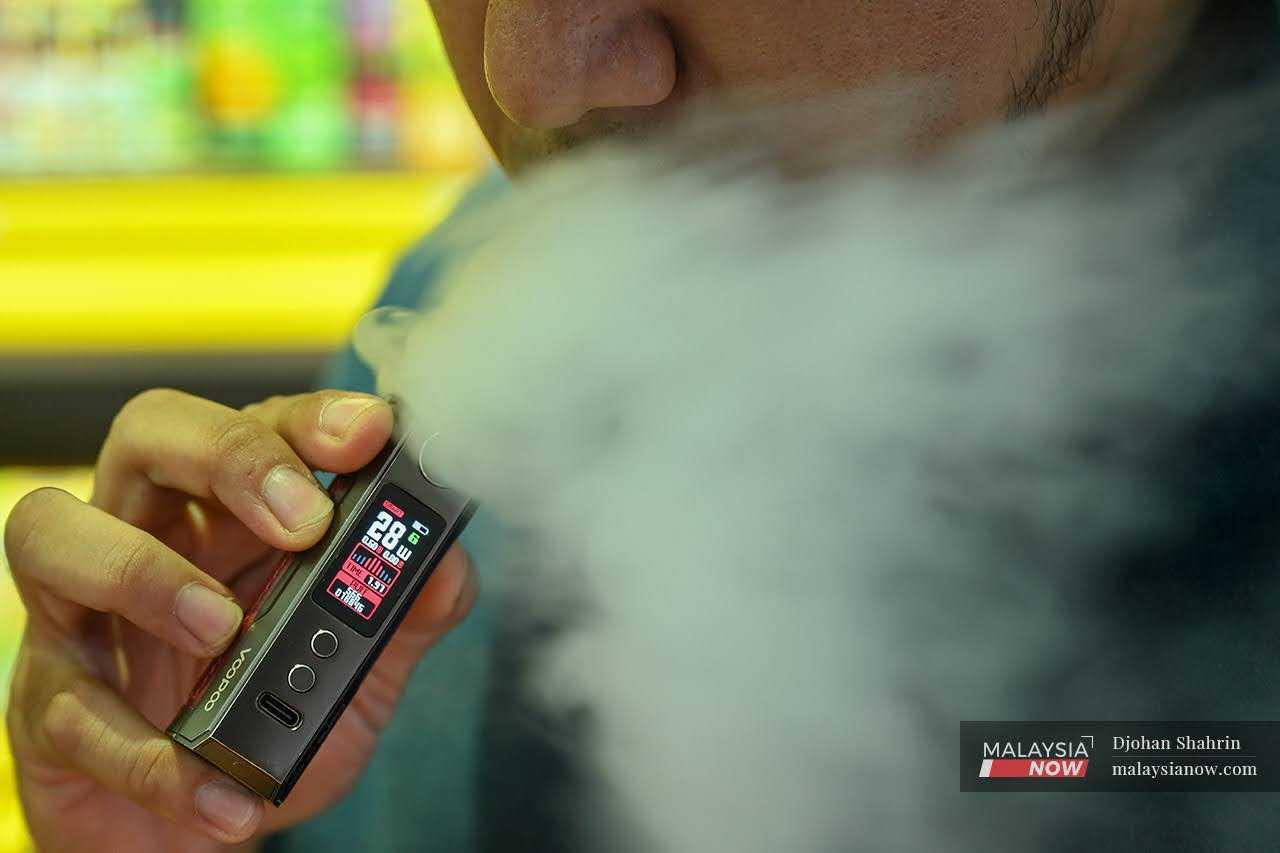More teens vaping now than before, health ministry warns
The number of teenagers found to be vaping has increased from 9.8% in 2017 to 14.9% in 2022.
Just In
The National Health and Morbidity Survey 2022 recorded an increase in vaping or the use of e-cigarettes among teenagers aged 13 to 17, from 9.8% in 2017 to 14.9% in 2022, the health ministry said today.
It said a significant increase was also recorded among teenage girls, from 2.8% in 2017 to 6.2% in 2022.
In a statement describing e-cigarettes as "a smoking product of the new millennium", it said such devices had been proven harmful to users.
"Among the main diseases detected is e-cigarette or vaping product use-associated lung injury or Evali," it added.
"The ingredients contained in the e-cigarette liquid, when heated, will produce chemicals that can have an inflammatory effect on the lining of the lungs, causing Evali."
The ministry's statement came a day after the Control of Smoking Products for Public Health Bill 2023 was referred to a parliamentary special select committee for further scrutiny.
Health Minister Dr Zaliha Mustafa, who tabled the bill for a first reading in the Dewan Rakyat, said this proved the government's commitment to ensuring that the proposed law could be promptly approved.
The bill aims to control the sale and purchase of tobacco products, smoking materials, tobacco substitute products and smoking devices for the sake of public health and to create a smoke-free generation.
Clauses 13 and 14 of the bill propose the prohibition of the sale of tobacco products and smoking substances to persons born on Jan 1, 2007, onwards.
The bill provides for a fine of not more than RM20,000 or imprisonment for not more than a year against anyone found selling the products to individuals born on Jan 1, 2007, onwards.
It also provides for a fine of not more than RM500 or community service for any individual of the so-called "endgame" generation found to have purchased the products.
The move to refer the bill to the parliamentary special select committee triggered fresh criticism from public health pressure group Galen Centre for Health and Social Policy, which said the tobacco control bill was more critical than ever following the health minister's controversial move to delist nicotine as a controlled substance.
The health ministry today said that it had been monitoring activities related to vaping or the use of e-cigarettes through a circular from the health director-general since June 2022, and received 17 cases related to Evali as of June this year.
"The health ministry would like to remind all users that using e-cigarettes or vaping is unsafe as they have adverse effects on health, and it is not an alternative method to quit smoking."
Subscribe to our newsletter
To be updated with all the latest news and analyses daily.
